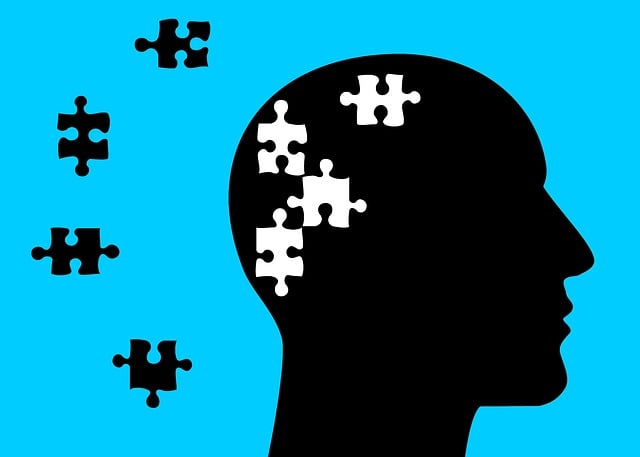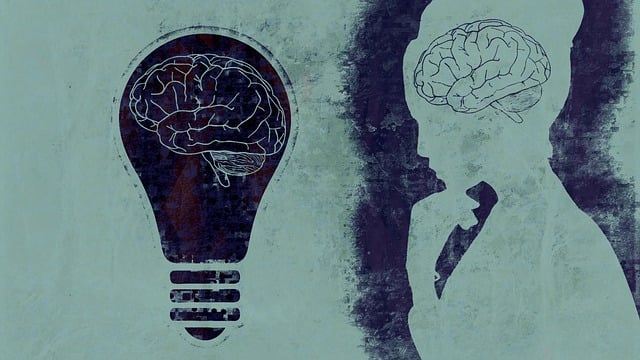In diverse societies like Westminster, mental healthcare practitioners must go beyond ethnic awareness and embrace cultural sensitivity to offer effective treatment. Understanding unique values, historical trauma, and systemic barriers is crucial for addressing mental health issues within specific ethnic groups. Organizations like Stress Management Workshops and Trauma Support Services reduce stigma, empower individuals, and bridge cultural gaps in mental health services. Westminster Psychological Testing Therapy (WPTT) emphasizes cultural competency through continuous learning, tailored programs, and mindfulness practices to create inclusive environments that encourage open communication and healing. Overcoming language barriers and adapting to diverse emotional expression norms is essential for providing accessible, culturally competent care to all communities.
In today’s diverse society, cultural sensitivity in mental healthcare is paramount. Understanding cultural diversity shapes effective therapy, addressing unique challenges in treating diverse populations. This article explores key aspects of providing culturally sensitive care, leveraging tools like Westminster Psychological Testing for improved assessment and treatment. We delve into the benefits, navigate challenges, and offer strategies to integrate cultural awareness, enhancing therapeutic outcomes for all individuals seeking mental health support.
- Understanding Cultural Diversity and Its Impact on Mental Health
- The Role of Cultural Sensitivity in Effective Therapy
- Westminster Psychological Testing: A Cultural Competency Tool
- Challenges in Providing Culturally Sensitive Care
- Strategies for Integrating Cultural Awareness in Mental Healthcare Practice
Understanding Cultural Diversity and Its Impact on Mental Health

In today’s diverse society, mental healthcare practitioners must embrace cultural sensitivity to provide effective treatment. Understanding cultural diversity goes beyond recognizing different ethnic backgrounds; it involves comprehending the unique values, beliefs, and practices that shape individuals’ lives. This is particularly crucial in locations like Westminster, where a multitude of cultures coexist, each bringing its own experiences and challenges. When mental health professionals fail to consider these cultural nuances, they risk delivering services that are either misunderstood or unacceptable to certain communities.
For instance, what constitutes healthy expression of emotions varies across cultures, impacting how individuals seek and receive help for mental illness. Additionally, historical trauma and systemic barriers can contribute to heightened stress levels within specific ethnic groups. Recognizing these variations is essential for breaking down the stigma surrounding mental illness. Organizations like the Stress Management Workshops and Trauma Support Services play a vital role in this process by offering culturally sensitive resources and initiatives, aiming to reduce the stigma associated with seeking help for mental health concerns while empowering individuals to navigate their cultural identity in conjunction with their well-being.
The Role of Cultural Sensitivity in Effective Therapy

Cultural sensitivity is a cornerstone in effective therapy, particularly within the diverse landscape of mental healthcare. In a world where cultural differences can profoundly impact an individual’s experiences and perceptions, therapists who embrace cultural sensitivity become facilitators of meaningful healing and growth. This approach involves understanding and respecting clients’ backgrounds, beliefs, and values, which are integral to their mental wellness. By incorporating insights from their culture, therapists create a safe and inclusive environment, fostering open communication and encouraging clients to explore their thoughts and emotions without barriers.
In the context of Westminster Psychological Testing Therapy, cultural sensitivity goes beyond a simple awareness; it’s about integrating these insights into therapeutic practices. Mental Wellness Coaching Programs Development often emphasizes cultural competency, teaching professionals to adapt their approaches to meet the unique needs of diverse clientele. Similarly, Mental Health Education Programs Design can benefit from incorporating cultural perspectives to promote comprehensive mental health literacy. Moreover, by recognizing and addressing cultural barriers, therapists can effectively employ Stress Reduction Methods tailored to individual clients’ cultural contexts, ultimately enhancing therapeutic outcomes.
Westminster Psychological Testing: A Cultural Competency Tool

Westminster Psychological Testing serves as a powerful tool for mental healthcare professionals seeking to enhance their cultural sensitivity and competency. This assessment approach is designed to bridge the gap between diverse cultural backgrounds and psychological evaluations, ensuring that every client receives tailored care. By utilizing this method, therapists can gain valuable insights into an individual’s cultural context, including their beliefs, values, and traditions, which significantly impact mental health and healing processes.
Incorporating Westminster Psychological Testing into practice benefits risk management planning for mental health professionals by providing a structured framework to navigate the complex landscape of cultural differences. It facilitates effective communication and builds rapport with clients from various communities, thereby improving outcomes in therapeutic interventions. Moreover, this tool can aid in the implementation of successful community outreach program initiatives, promoting emotional healing processes across diverse populations.
Challenges in Providing Culturally Sensitive Care

Providing culturally sensitive care presents unique challenges for mental health professionals, especially in diverse communities. One significant hurdle is the potential language barrier; ensuring effective communication requires interpreters or bilingual staff, which may not always be readily available. This issue is further compounded by different cultural norms surrounding expression of emotions and seeking help, where some communities prefer traditional healing practices over Western psychological testing and therapy.
Additionally, cultural misconceptions and stereotypes about mental health can create a barrier to care. Educating both patients and professionals about the importance of emotional intelligence and coping skills development, through public awareness campaigns, is crucial in dispelling these myths. Navigating these challenges demands adaptability, humility, and a genuine willingness to learn from diverse cultural perspectives, ensuring that Westminster Psychological Testing Therapy services are accessible and culturally competent for all.
Strategies for Integrating Cultural Awareness in Mental Healthcare Practice

Integrating cultural awareness into mental healthcare practice is a multifaceted process that requires continuous learning and adaptation. One effective strategy for healthcare providers in Westminster Psychological Testing & Therapy (WPTT) is to engage in ongoing cultural competency training, which equips them with the knowledge and skills to understand diverse patient backgrounds and needs. This includes learning about different cultural beliefs, values, and practices related to mental health, as well as being sensitive to unconscious biases that can impact diagnosis and treatment.
Additionally, WPTT can foster a culturally responsive environment by incorporating strategies like Mindfulness Meditation into therapy sessions. This practice not only helps patients manage stress and anxiety but also promotes self-awareness, cultural understanding, and empathy between patient and therapist. Moreover, implementing Mental Health Education Programs Design tailored to diverse communities can address specific cultural needs, reduce stigma, and improve access to care. Burnout prevention is another key aspect, as culturally sensitive practices require emotional labor and self-care strategies to maintain the well-being of healthcare providers, ensuring they remain equipped to offer the best possible care to their patients.
In light of the diverse mental health landscape, cultivating cultural sensitivity through tools like Westminster Psychological Testing is crucial for effective therapy. By understanding the impact of cultural diversity on mental well-being and integrating awareness strategies, mental healthcare practices can significantly enhance patient outcomes. Embracing cultural competency not only navigates challenges but also fosters a more inclusive and accessible environment, ensuring that folks from all backgrounds receive the supportive care they deserve.










